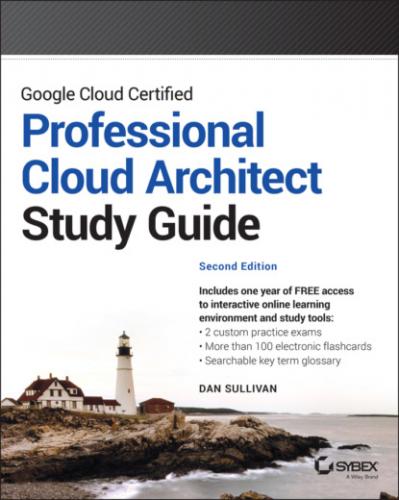16 Chapter 8: Designing for Reliability Improving Reliability with Cloud Operations Suite Release Management Systems Reliability Engineering Summary Exam Essentials Review Questions
17 Chapter 9: Analyzing and Defining Technical Processes Software Development Lifecycle Plan Continuous Integration/Continuous Delivery Troubleshooting and Post-Mortem Analysis Culture IT Enterprise Processes Business Continuity Planning and Disaster Recovery Summary Exam Essentials Review Questions
18 Chapter 10: Analyzing and Defining Business Processes Stakeholder Management Change Management Team Skill Management Customer Success Management Cost Optimization/Resource Optimization Summary Exam Essentials Review Questions
19 Chapter 11: Development and Operations Application Development Methodologies Technical Debt API Best Practices Testing Frameworks Data and System Migration Tooling Interacting with Google Cloud Programmatically Summary Exam Essentials Review Questions
20 Chapter 12: Migration Planning Integrating Cloud Services with Existing Systems Migrating Systems and Data to Support a Solution Software Licensing Mapping Network Planning Summary Exam Essentials Review Questions
21 Appendix: Answers to the Review Questions
22 Index
List of Tables
1 Chapter 2TABLE 2.1 Examples of Google Cloud Platform managed services
2 Chapter 3TABLE 3.1 Example availability SLAs and corresponding downtimes
3 Chapter 8TABLE 8.1 Example of a CPU utilization time series for a VM instance
List of Illustrations
1 Chapter 4FIGURE 4.1 Kubernetes clusters have a set of worker nodes that are managed b...FIGURE 4.2 Pods are deployed on nodes, which may be grouped into multiple no...FIGURE 4.3 Kubernetes uses multiple types of IP addresses for diff...
2 Chapter 7FIGURE 7.1 Google Cloud Platform resource hierarchy
3 Chapter 8FIGURE 8.1 Service dashboard showing time-series data
Guide
10
